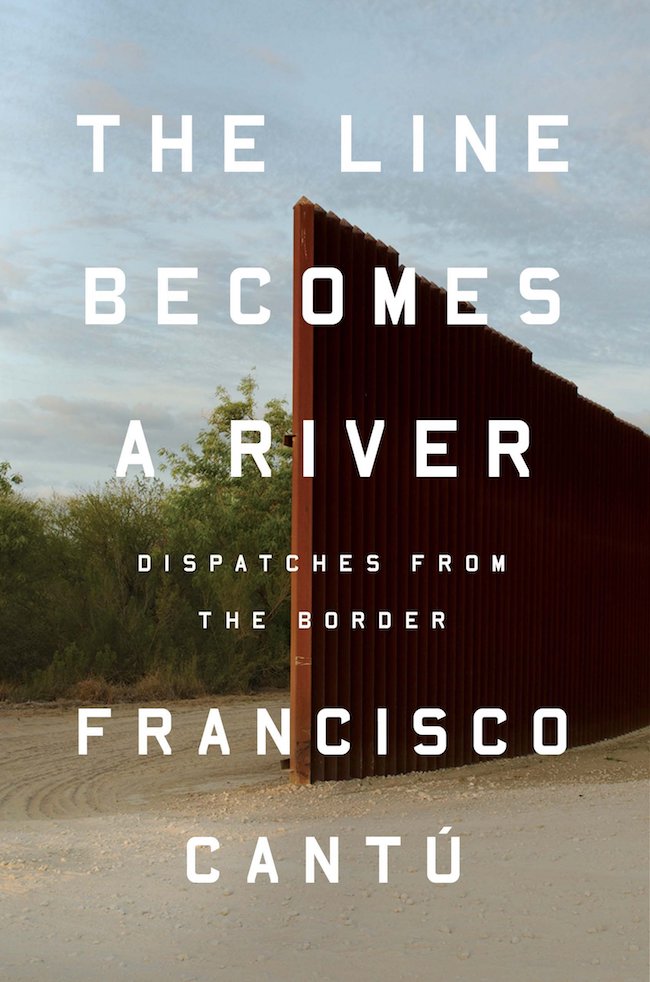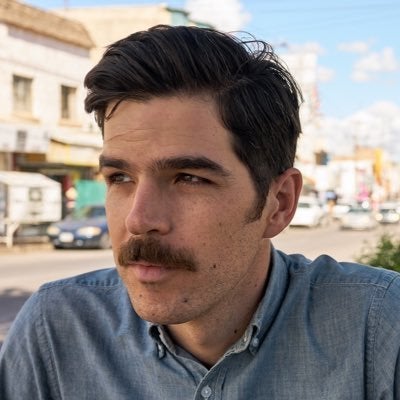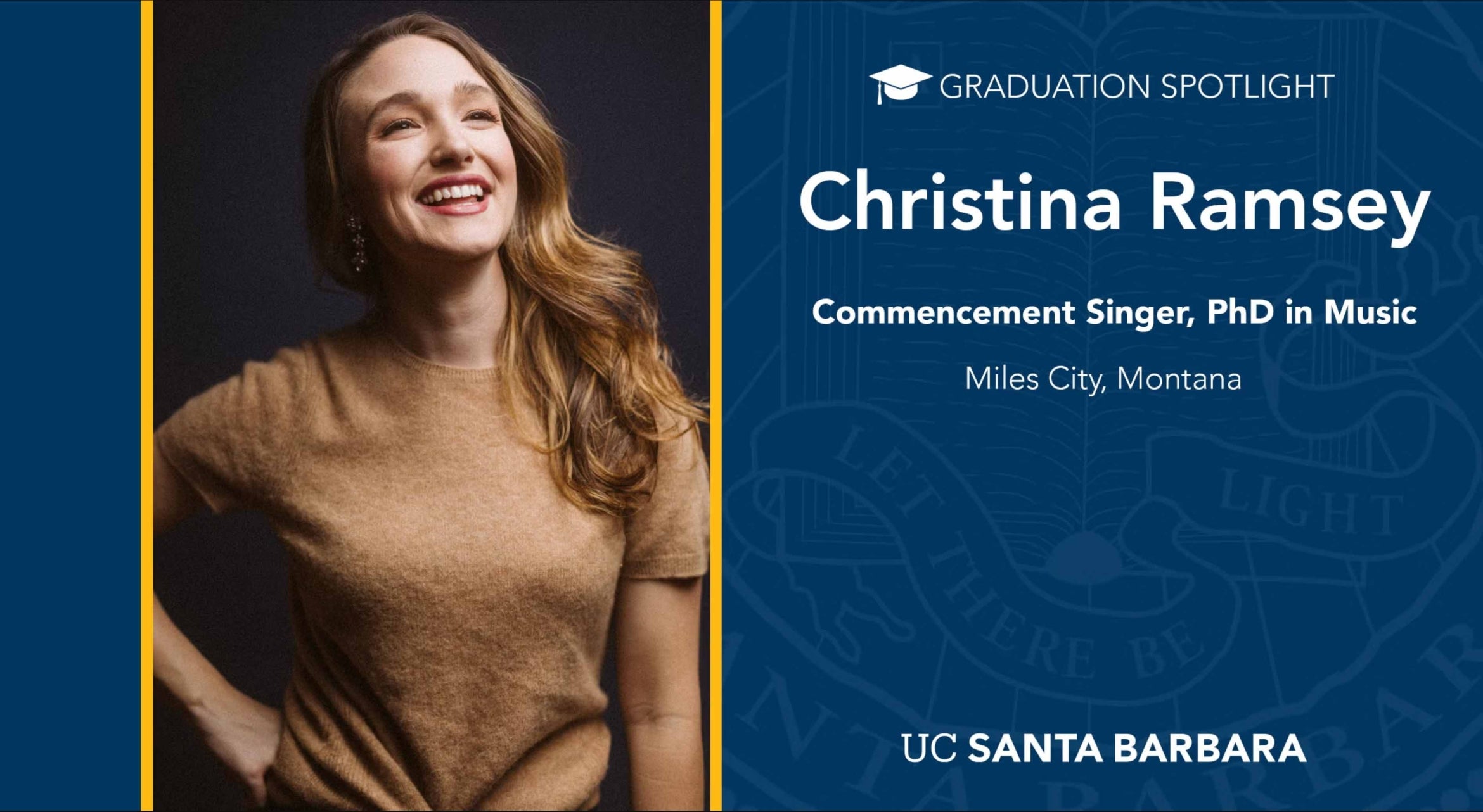
Dispatches from the Border

Francisco Cantú, an award-winning author and translator, will receive UC Santa Barbara’s 16th annual Luis Leal Award for Distinction in Chicano/Latino Literature.
A former U.S. Border Patrol agent — and a major new literary voice — Cantú received critical acclaim for “The Line Becomes a River: Dispatches from the Border.” The book takes an honest — and empathetic — look at the people whose job it is to police the U.S./Mexico border and at the migrants who risk — and often lose — their lives crossing from one side to the other.
“The Line Becomes a River” received the 2018 Los Angeles Times Book Award, the Western Writers of America Spur Award and the Border Regional Library Association Southwest Book Award. It was a finalist for the National Book Critics Circle Award in Nonfiction, and for the American Library Association Carnegie Medal for Excellence in Nonfiction. The Washington Post and NPR named it a “Top 10 Book for 2018.”
“Francisco Cantú is one of the best writers among a new generation of Latino writers in the United States,” said Mario T. García, professor of Chicana and Chicano studies and of history at UC Santa Barbara, and the organizer of the annual Leal Award. “His remarkable book ‘The Line Becomes a River’ will stand the test of time.”
Cantú described the honor of receiving the Leal Award as “profoundly significant.” Growing up and attending public school in what he described as “an aggressively white cowboy town in central Arizona,” he had almost no access to Chicano/Chicana literature, he said. “In college — I went to school in Washington, D.C. — I encountered Latin American and Mexican writers amid the larger group of international writers. It wasn’t until even later that I really discovered the richness of Chicano literature and people writing from the borderlands specifically, about what it meant to write stories from that landscape of erasure and in-betweenness.
“It would have changed so many things about my life if I had encountered Chicano voices earlier,” he continued. “It has made me realize the importance of having work by Chicanos and Chicanas in the mainstream cannon and working to have this kind of literature in public school as part of the mainstream of literary voices.”
A former Fulbright fellow, Cantú has been the recipient of a Pushcart Prize, a Whiting Award and an Art for Justice fellowship. His writings and translations have appeared in The New Yorker, Best American Essays, Harper’s and Guernica. They also have been featured on National Public Radio’s “This American Life.”
He completed his Master of Fine Arts degree in creative nonfiction at the University of Arizona, Tucson, and now coordinates the Southwest Field Studies in Writing Program at the university’s Haury Program in Environmental and Social Justice.
His translation works include “The Twilight Zone” and “No Longer a Girl” by Sergio González Rodríguez, which appeared in the literary magazine n+1; and “Donald Trump, Illusion of Convenience,” “Violence-Meter” and “Suspicions” by Juan Villoto, which were published in Guernica.
The Leal Award is named in honor of Luis Leal, a professor emeritus of Chicana and Chicano Studies at UC Santa Barbara, who was internationally recognized as a leading scholar of Chicano and Latino literature. Previous recipients of the award include Tim Hernández, Norma Cantú, Francisco Jiménez, Demetria Martínez, Jimmy Santiago Baca, Graciela Limón, Pat Mora, Alejandro Morales, Helena Maria Viramontes, Oscar Hijuelos, Rudolfo Anaya, Denise Chávez, Hector Tobar, John Rechy and Reyna Grande.



